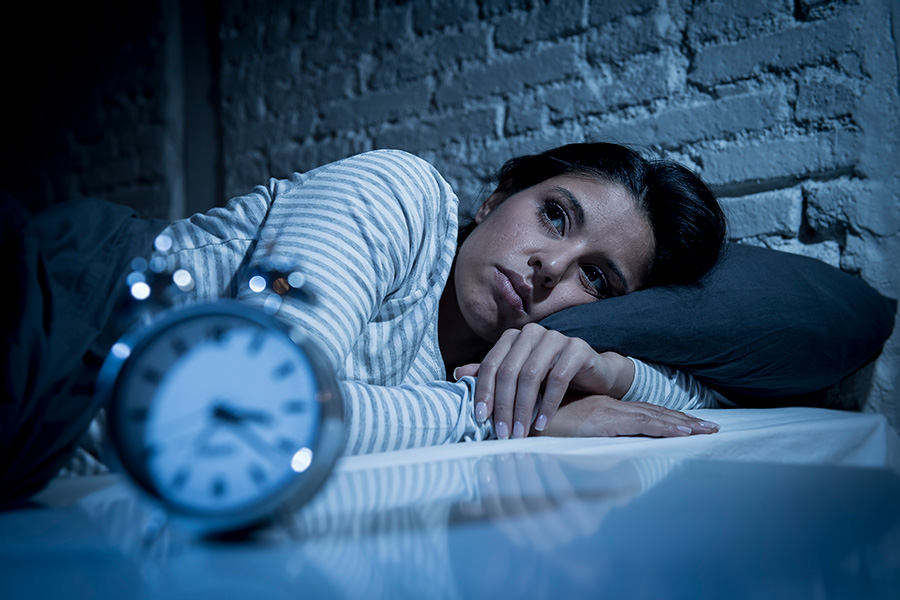
Anxiety and difficulty sleeping: Top tips to improve both
Anxiety and difficulty sleeping are two deeply interconnected factors that can severely affect your well-being. When anxiety strikes, it often makes it harder to fall asleep, creating a vicious cycle between anxiety and difficulty sleeping. These symptoms not only harm your mental health but also impact your ability to lead a productive and healthy life.
Do you recognize any of the following symptoms in your daily life?
- Repetitive and negative thoughts
- Constant anxiety and stress
- Sleep problems and fatigue
- Headaches and muscle tension
- Difficulty concentrating
How anxiety and difficulty sleeping affect each other
One of the most common symptoms of anxiety is trouble falling or staying asleep. If you suffer from difficulty sleeping, it can worsen your anxiety, leading to poor rest. This creates a vicious cycle, as anxiety and sleep problems are intrinsically linked. Research shows that lack of sleep increases the risk of developing depression, diabetes (Knutson and Van Cauter, 2008), and cardiovascular diseases (Narang et al., 2012).
Sleep and age: How poor sleep quality impacts health
Poor sleep quality becomes more common with age, especially in women due to hormonal changes. REM and non-REM sleep stages are essential for brain maintenance. Reduced sleep quality, including less slow-wave sleep, affects memory (Walker, 2008), as this sleep stage is critical for memory consolidation.
Tips to improve anxiety and sleep quality
Would you like to learn the top 10 tips to correct your difficulty sleeping and reduce anxiety? Here are some effective ways to improve both:
- Maintain a regular sleep schedule: Go to bed and wake up at the same time daily, even on weekends.
- Create a sleep-friendly environment: Keep your bedroom cool, dark, and quiet.
- Limit screen time before bed: Avoid screens an hour before sleep.
- Avoid caffeine and alcohol before bed: Both are stimulants and can disrupt sleep.
- Avoid heavy meals before bedtime: This can help prevent acid reflux.
- Use your bed only for sleeping: Don’t use it for eating, watching TV, etc.
- Practice relaxation techniques before bed: Meditation or a warm bath can help.
- Exercise regularly: Exercise helps but avoid working out right before bed (Velluti and Pedemonte, 2006).
- Limit naps during the day: Long naps can interfere with nighttime sleep.
- Use earplugs if necessary: Block out noise for better rest.
Improve both anxiety and sleep for better health
In conclusion, understanding how anxiety and difficulty sleeping affect each other is crucial for improving both. By making small changes to your daily routine, you can break the cycle of anxiety and sleep problems, leading to better mental and physical health.
If you’d like to dive deeper into other topics on mental health, personal growth, and development, feel free to check out my blog.

Show Comments